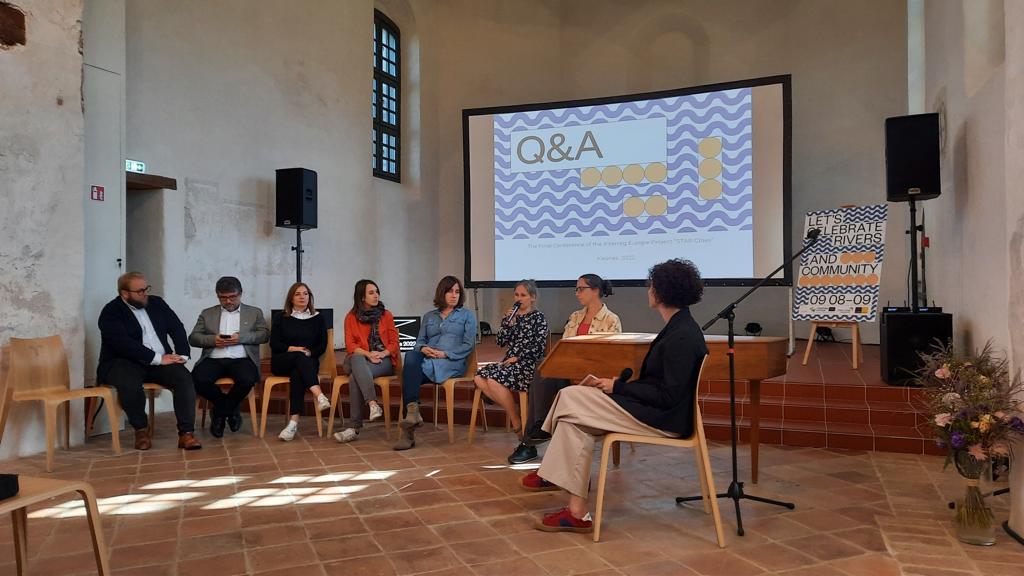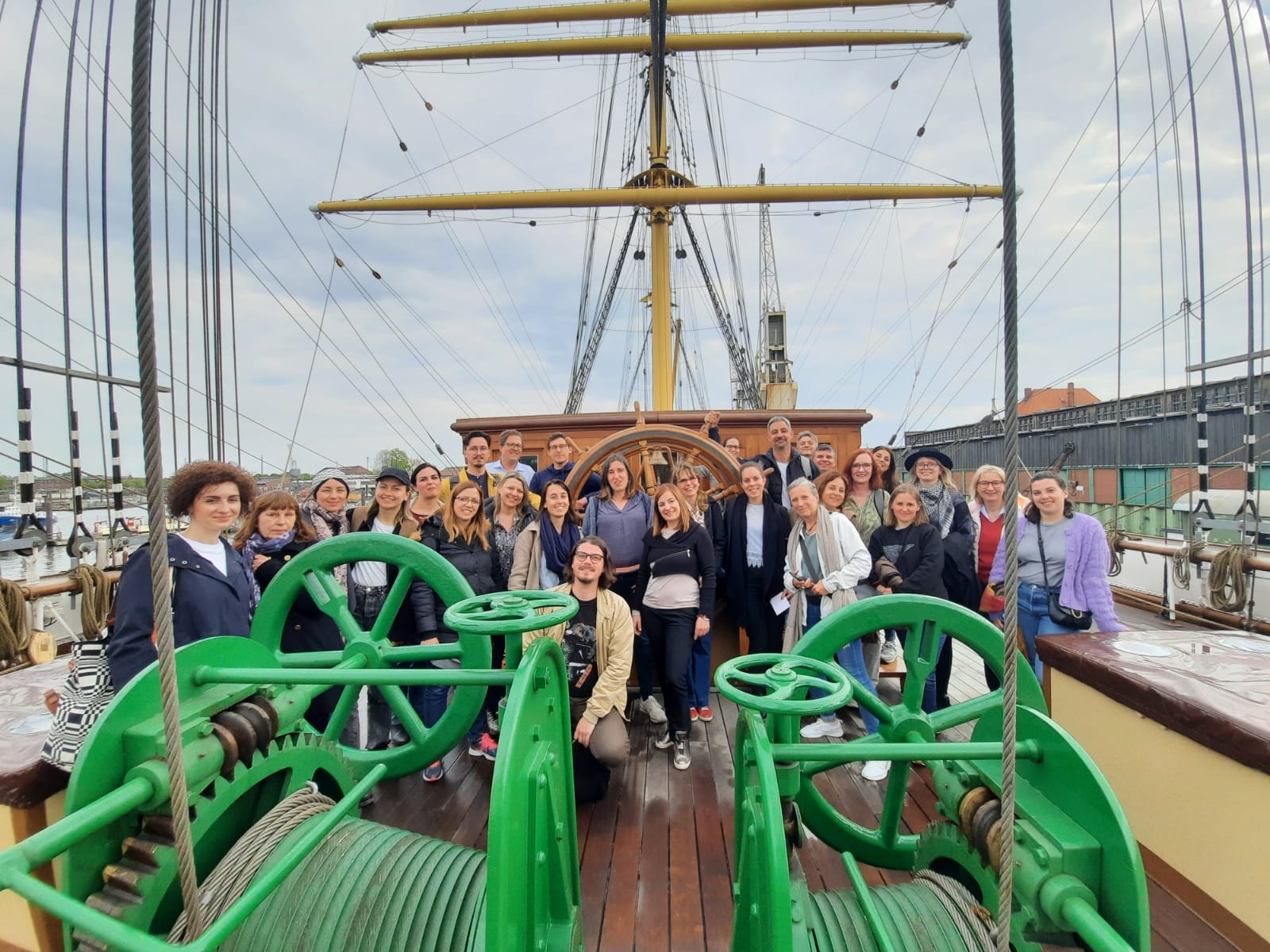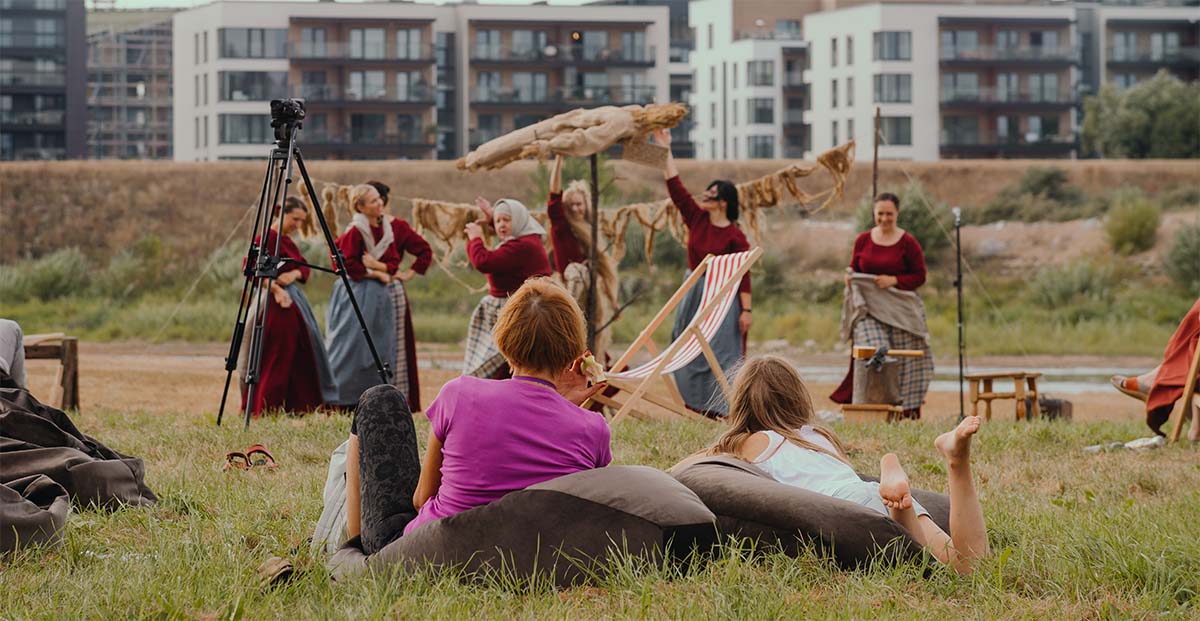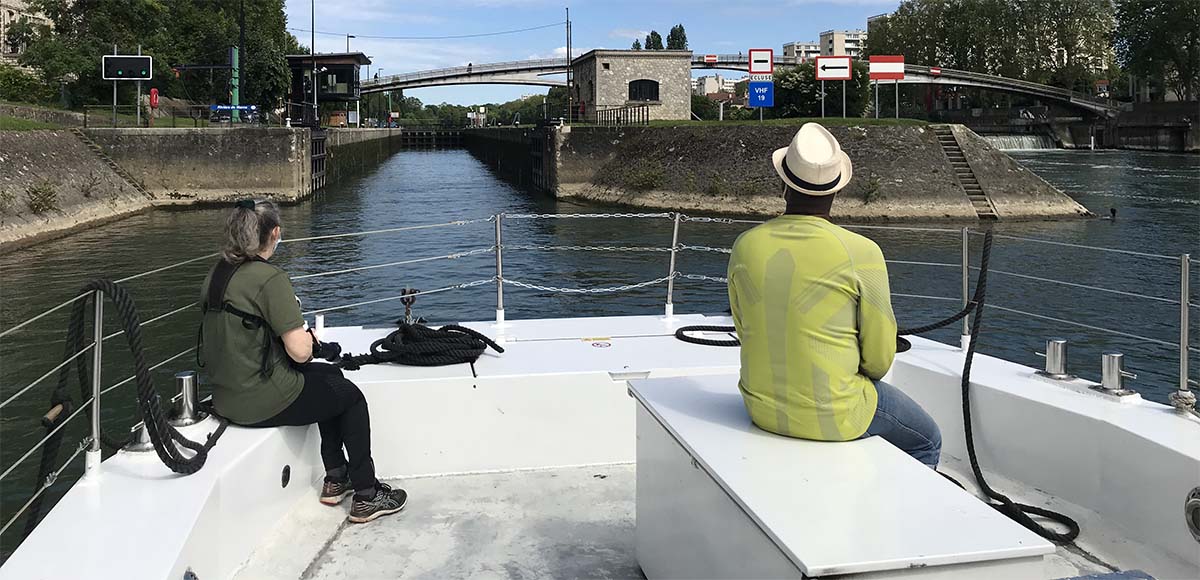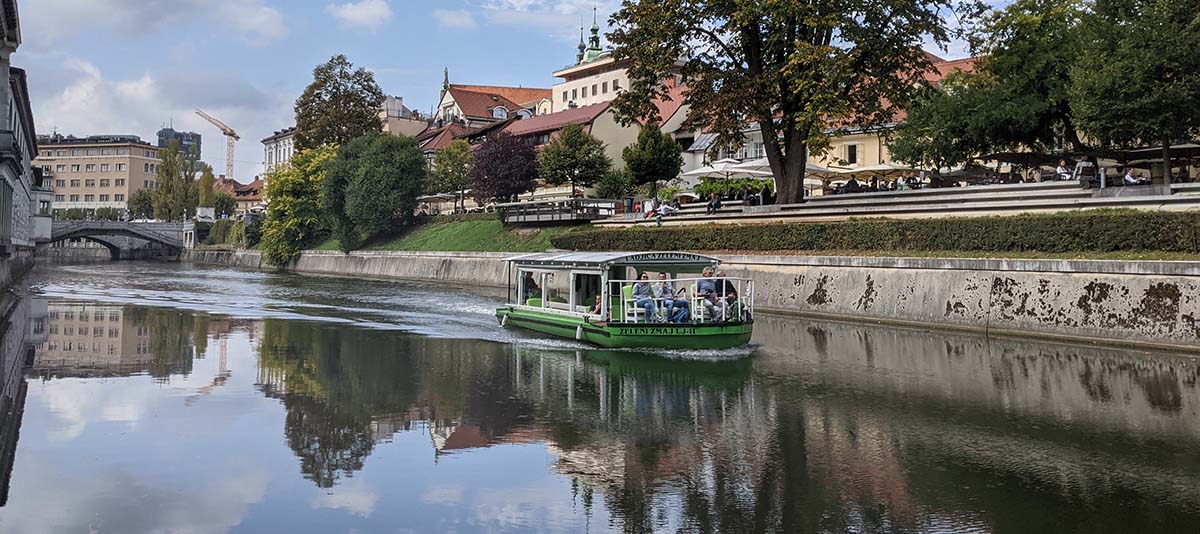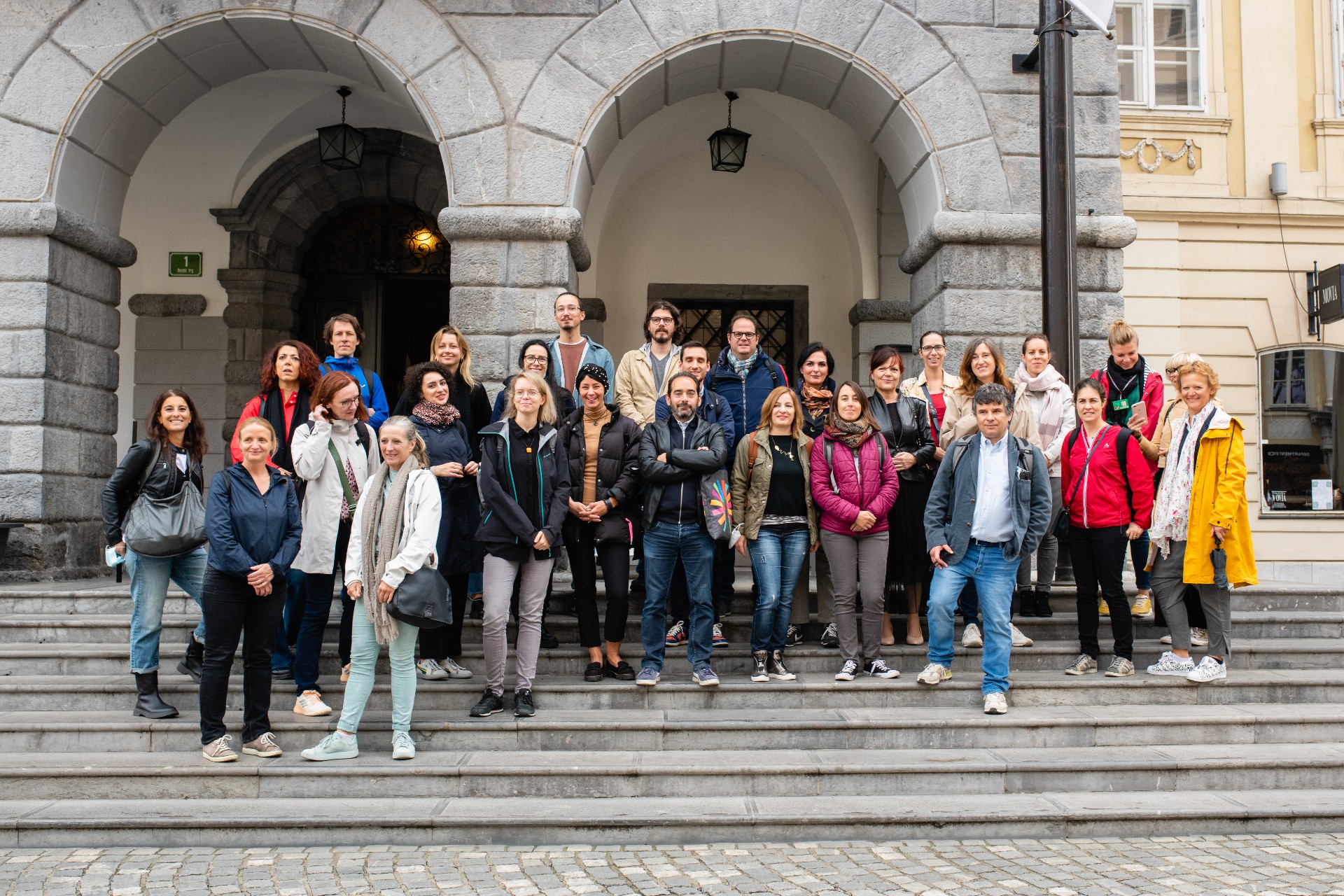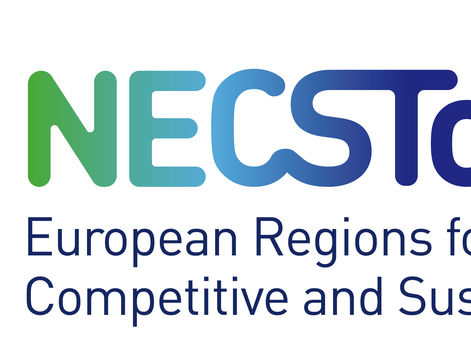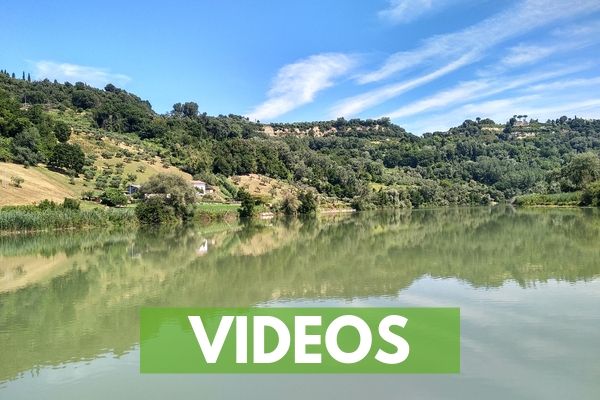STAR Cities partners unveil their strategy after the pandemic
The Covid-19 epidemy deeply impacted tourism activities in a negative way all over Europe and particularly in urban destinations as STAR Cities regions. The entrepreneurial activities related to tourism (accommodation, museums, etc.) practically stopped from March until the end of May, and then resumed, mainly internally from June onwards. Tourism activities that foresee a large concentration of people have probably suffered the greatest repercussions, due to the national and regional prescriptions on safety measures.
Nevertheless, river tourism is a form of nature tourism and as such could be reinforced after the Covid-19 crisis. Activities such as cycling and hiking, taking a walk, etc. have become more popular during the epidemy. Moreover, many people are looking for ways to spend their leisure time and/or holidays outside crowded cities in a natural environment. The trend to balance city tourism more evenly between touristic hotspots (mostly in the centers) and less frequented area points seems to be the right direction and might also be a chance for further river tourism development.
River tourism in the wake of the Covid-19 pandemic
More than ever, STAR Cities partners believe that river tourism development is a real opportunity for European cities to create innovative solutions for sustainable tourism development. From the beginning, the core idea of this project is to develop a sustainable tourism offer, made of cultural heritage, nature and leisure activities, to complement the traditional offer of European cities.
Today, the willingness of partners is reinforced by the current context. Partners will carry on the learning process, taking into account the trend towards more sustainable, “staycation”, slow and authentic tourism.
In the next few years, STAR Cities learning programme will be particularly helpful for project partners to enrich their recovery strategy, support local stakeholders and guide policymakers in the way of a more sustainable tourism using rivers as an opportunity for territorial development.


